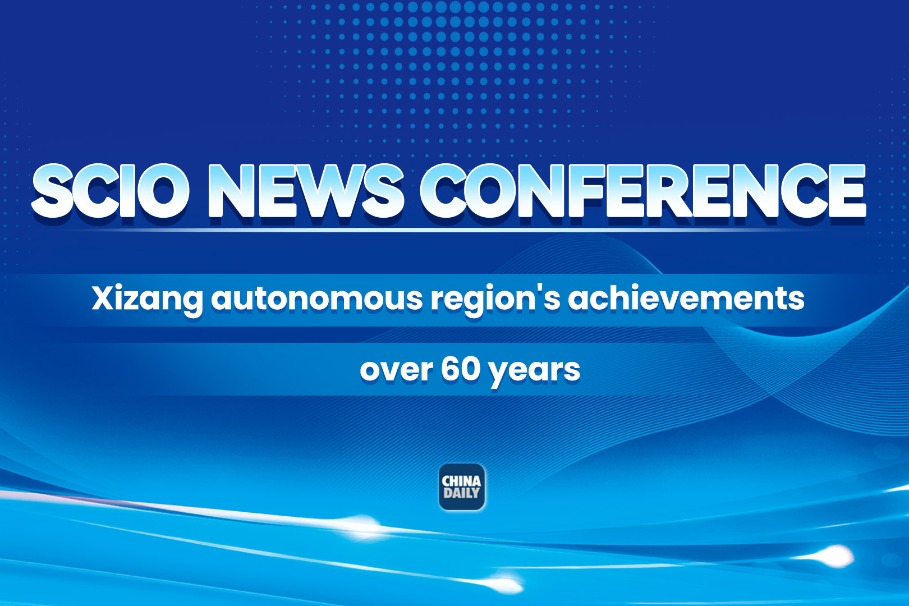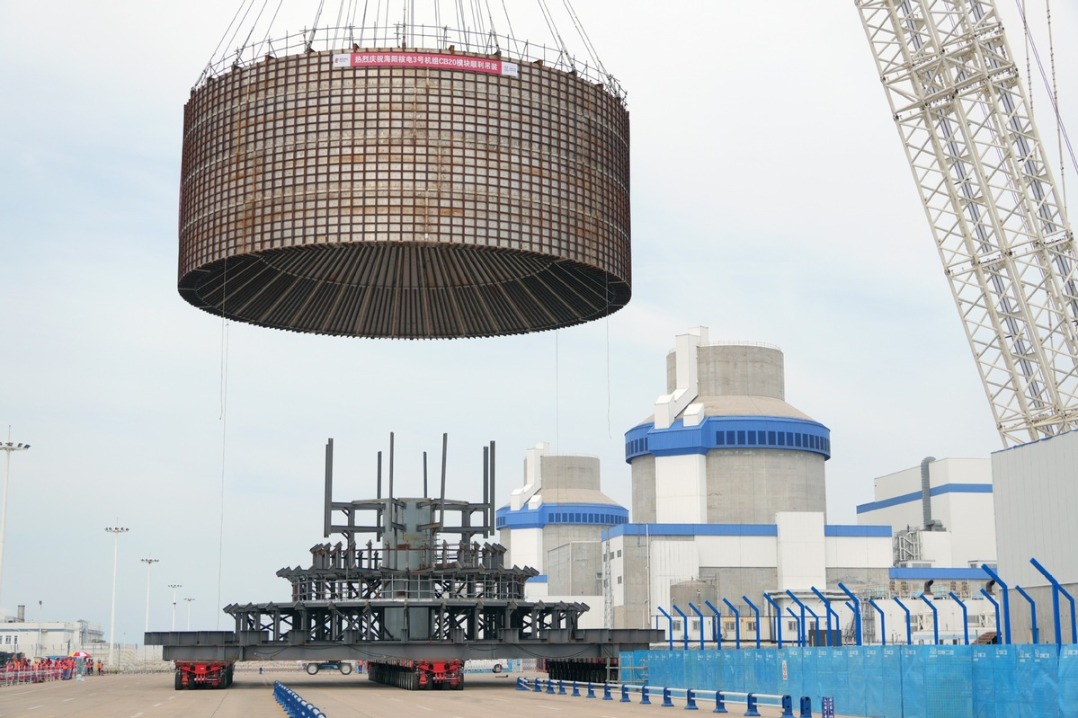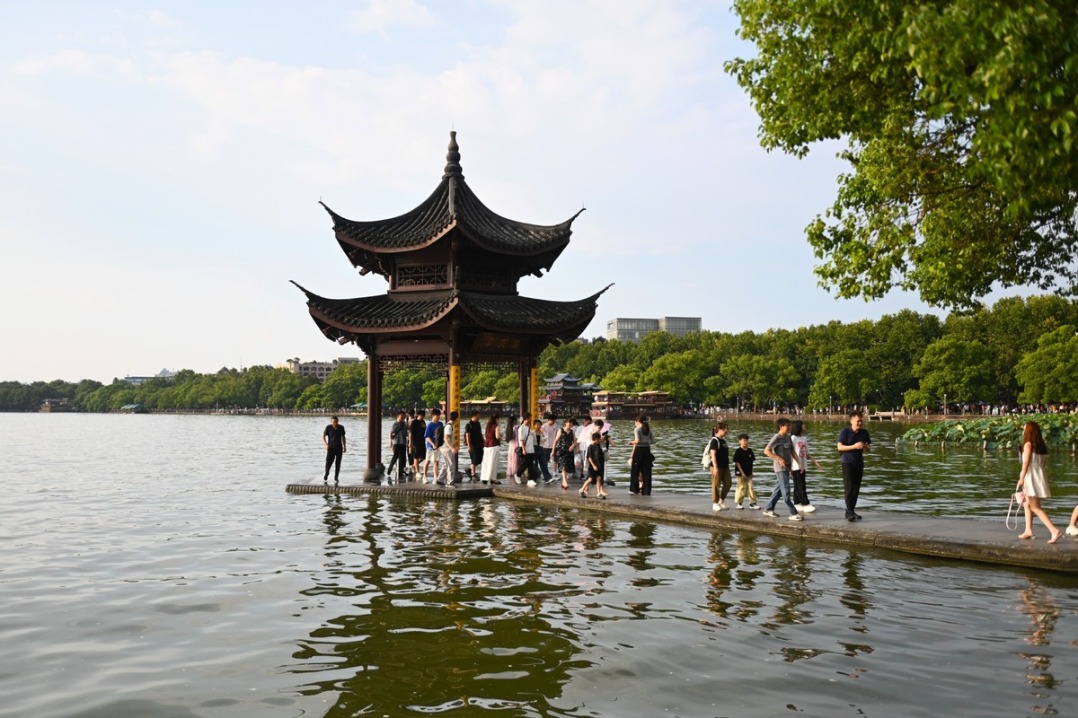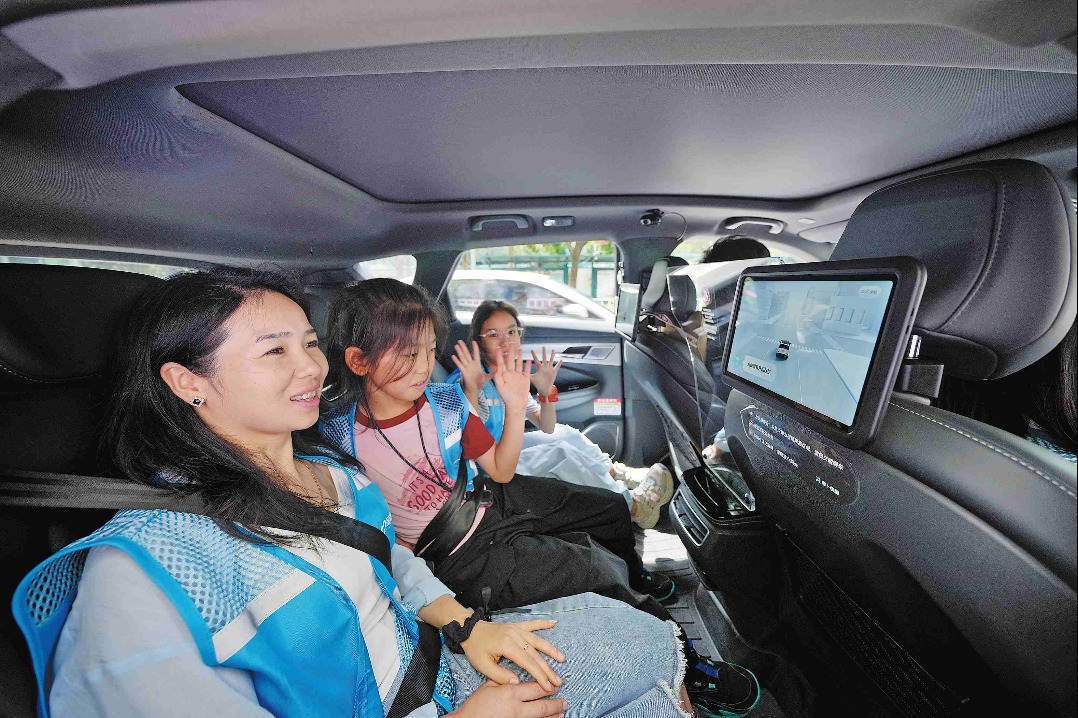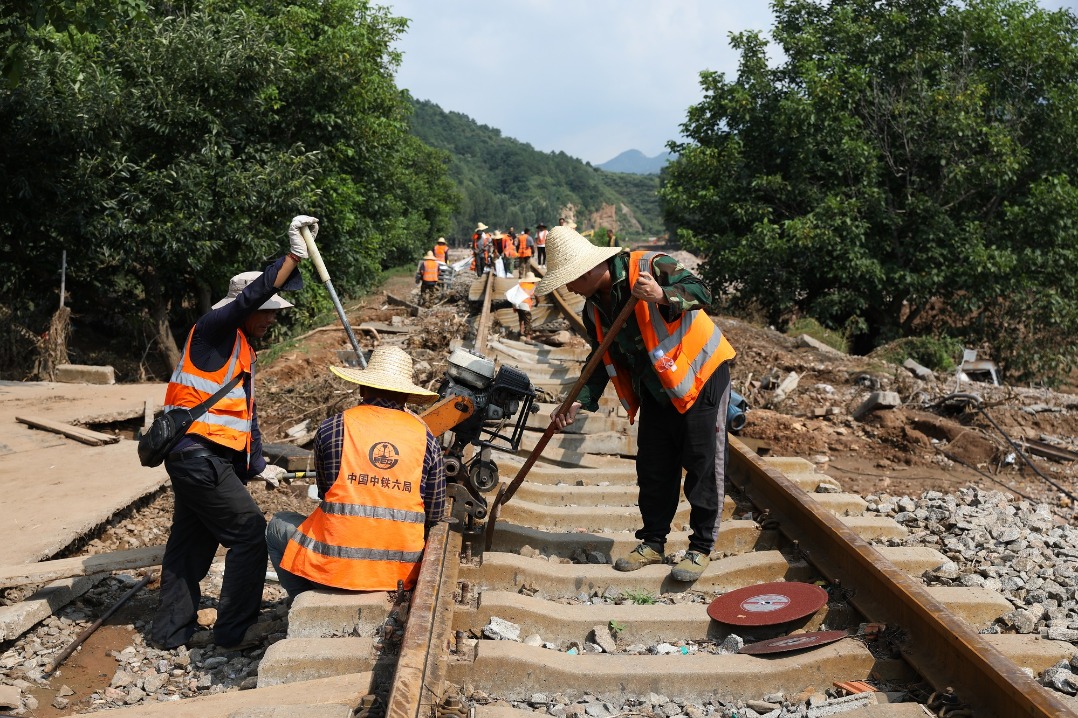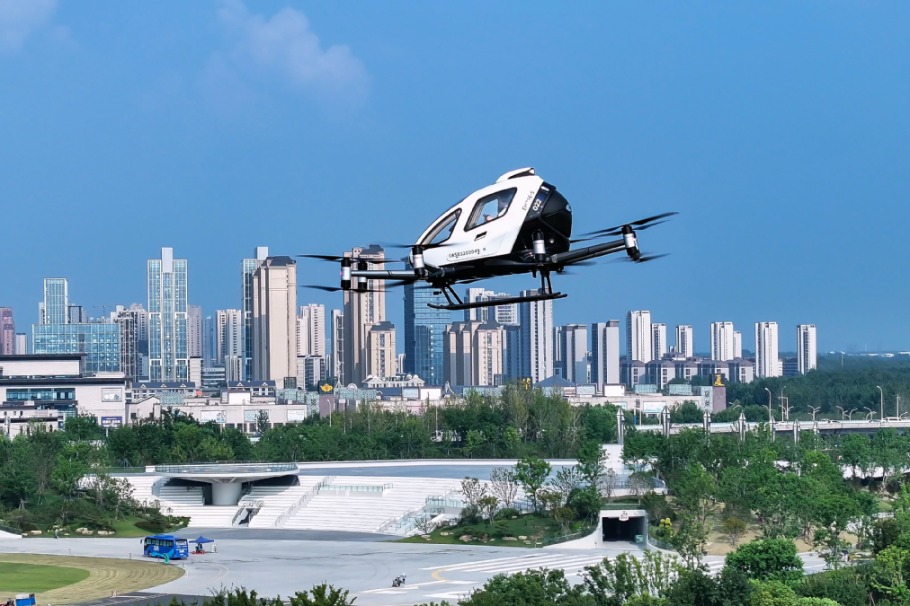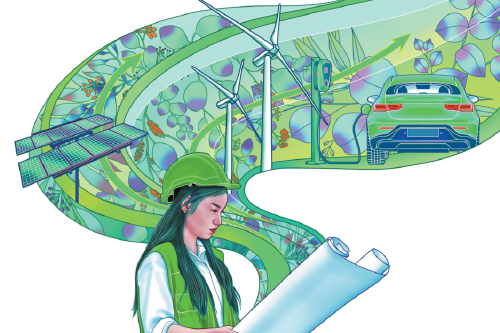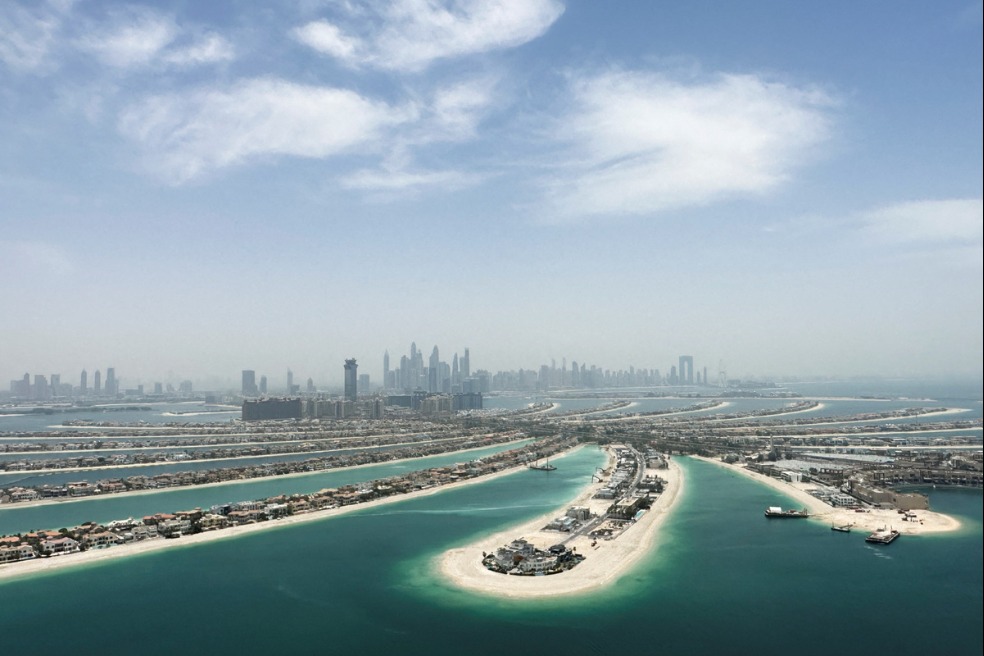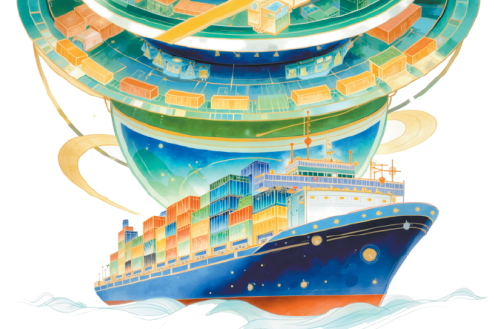Pivotal moment for G20


Uncertainty over US commitment to multilateral institutions casts a long shadow on the grouping's future, forcing the Global South to look for alternative forums to pursue meaningful reforms
The G20 convenes in Brazil on Nov 18 and 19, a little over a week after Donald Trump's victory in the US presidential election. In a quirk of the US system, instead of an election signaling an immediate change of executive authority, there are 76 days between the election day and the inauguration. This period was described by conservative think tank Rand as the "most dangerous period".
Rand's claim, made prior to the election, was premised on the possibility of violence in response to the election outcome. This seems unlikely now.
However, the interregnum is dangerous for other reasons, no more amplified by the G20 and before the APEC, which meets in Peru from Nov 9 to 16. Both of these institutions have historic foundations in US economic preponderance, in which overarching policy directions and multilateral coordination could depend on the active contribution of the US.
These presuppositions no longer hold.
The interregnum is likely to be marked by hastened activities on the part of the otherwise lame duck Joe Biden administration to "Trump-proof" whatever initiatives the outgoing administration believes may be at risk.
The G20 is unlikely to be a high US priority in this context. Will Biden attend for a farewell lap? Or Kamala Harris, in the aftermath of electoral evisceration? The G20 can do little for their legacies, and they offer just as much to the G20.
Brazilian President Luiz Inacio Lula da Silva nominated three core issues to define this year's G20 focus: enhancing greater participation from the countries of the Global South in key institutions, tackling global hunger and inequality and focusing on the challenges of energy transition and sustainable development.
These are laudable. But is the G20 up to the challenge? Is it today part of the problem or part of the solution?
Inequitable development continues to be intimately linked to the structures of contemporary global finance. The post-World War II institutions of the International Monetary Fund and the World Bank remain dominated by Western powers. The United States retains its veto rights over the IMF's decisions.
The IMF functions as the lender of last resort. Ostensibly to assist countries to deal with liquidity issues in the face of balance of payments problems, the IMF's conditional loans have contributed to the consolidation of global inequity and poverty rather than paving the way for their alleviation. IMF conditionality has hampered national efforts to tackle poverty, and research also demonstrates that such conditionality exacerbates unemployment rather than alleviating it.
Is the G20 in a position to address the governance mechanisms and lending conditions that underpin the way the IMF functions globally?
Global hunger has gotten worse in the past five years. According to the United Nations, there are 122 million more people today facing hunger than in 2019. With around 735 million people facing hunger, almost one in 10 people don't get enough to eat. All the talk in the world hasn't improved matters. Can this year's G20 cause a meaningful shift in global policies on this front?
As for the energy transitions, the situation today appears to be more challenging than for any of the previous few years at the very least. Insufficient commitment to financing green energy development has hampered global efforts, China's own accomplishments aside. Advanced nations continue to fail to meet the commitments of$100 billion climate finance, according to Oxfam.
Trump himself has described climate change as a hoax, and argued prior to the election that he would speed up the development of the US shale oil industry. "Drill, baby, drill" was his pre-election mantra. As for global financial reforms, Trump has made it clear that he will resist anything that could diminish the role of the US dollar as the global reserve currency. For Trump, losing the status of global reserve is akin to losing a war. Yet, addressing global inequities — as President Lula has flagged — requires a fundamental reshaping of global financial institutions so that the US dollar does not enjoy this privilege.
Trump won't be attending this year's G20 before his inauguration, but his shadow will be cast over proceedings. On at least two of the three key issues identified by the host country, the US' incoming president appears to be implacably hostile.
The G20 was once the table around which critical multinational economic policy coordination could be undertaken, and where issues that required transnational agreement could be addressed. As things stand, in the current geopolitical climate, and with question marks over the US' future commitment to multilateral institutions, the G20 runs the risk of running out of puff.
In that case, the Global South will have to find alternative forums to pursue meaningful reforms.
The author is an adjunct professor at Queensland University of Technology and a senior fellow at the Taihe Institute. The author contributed this article to China Watch, a think tank powered by China Daily. The views do not necessarily reflect those of China Daily.
Contact the editor at editor@chinawatch.cn.
















